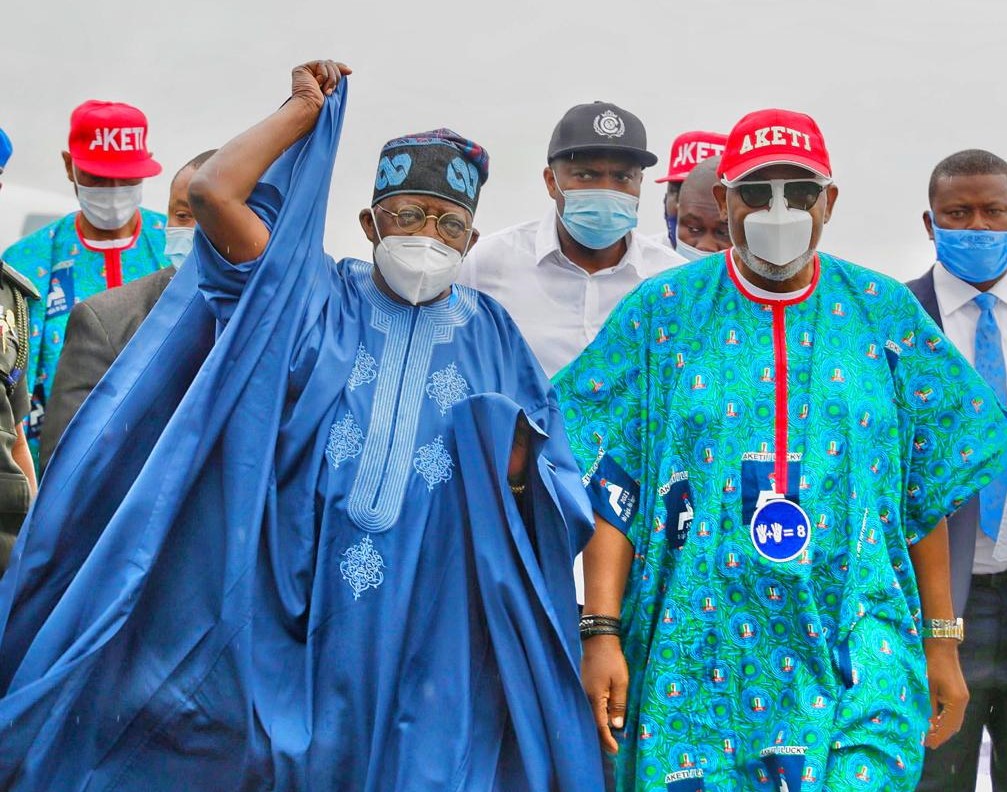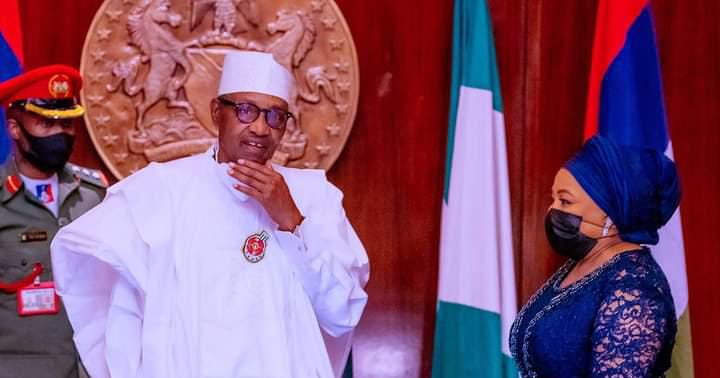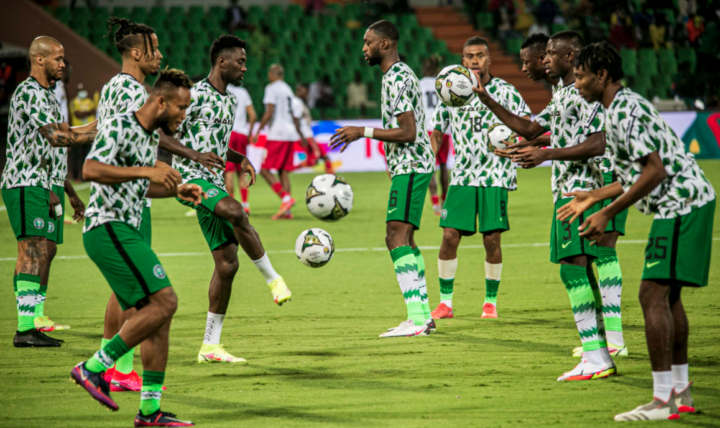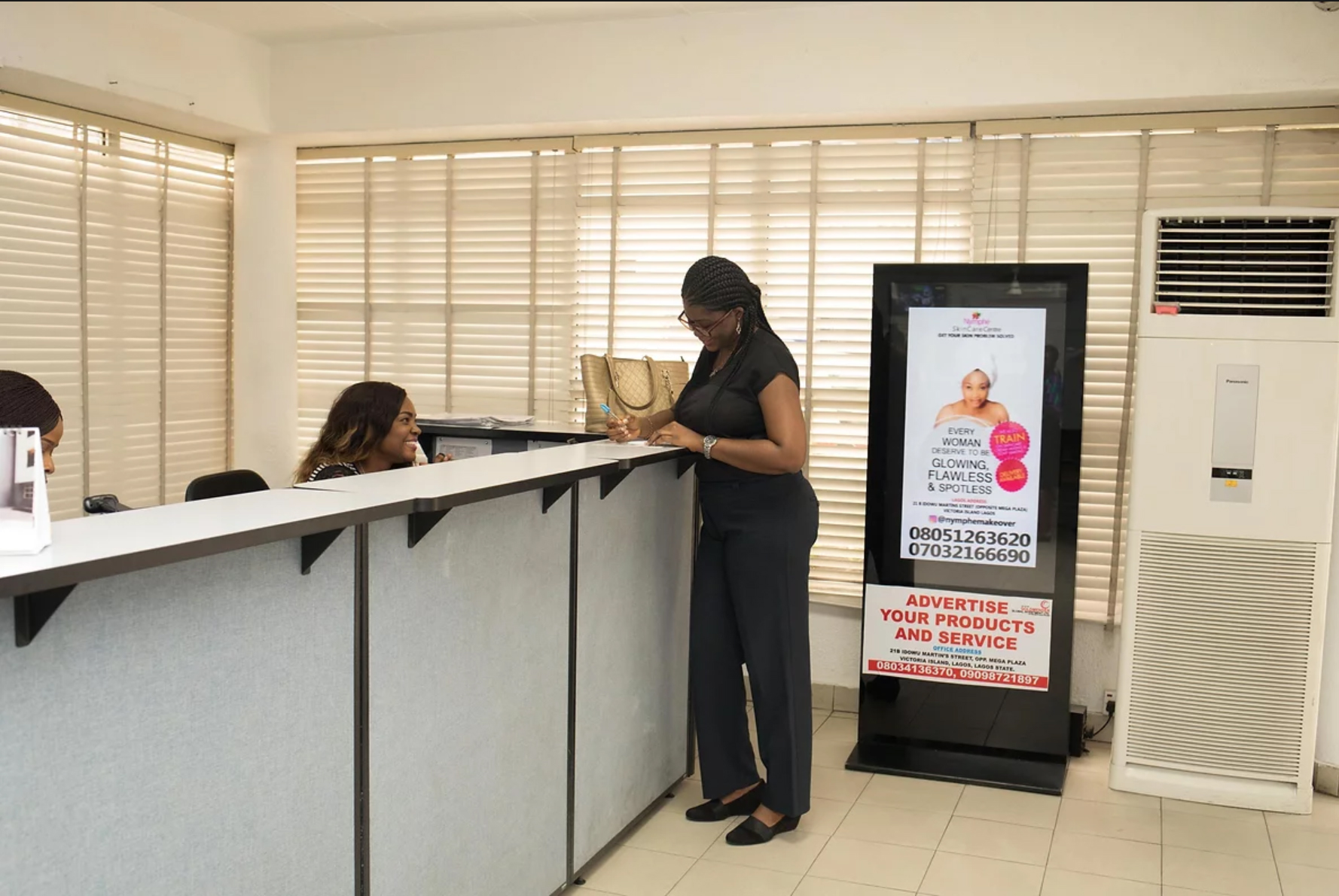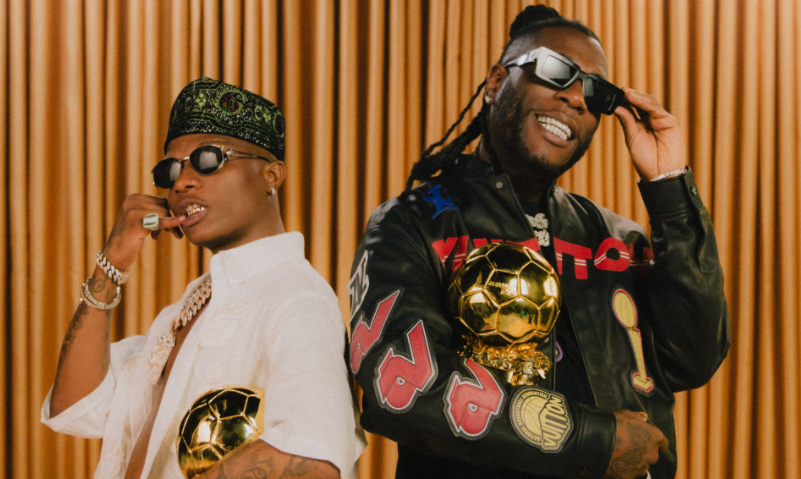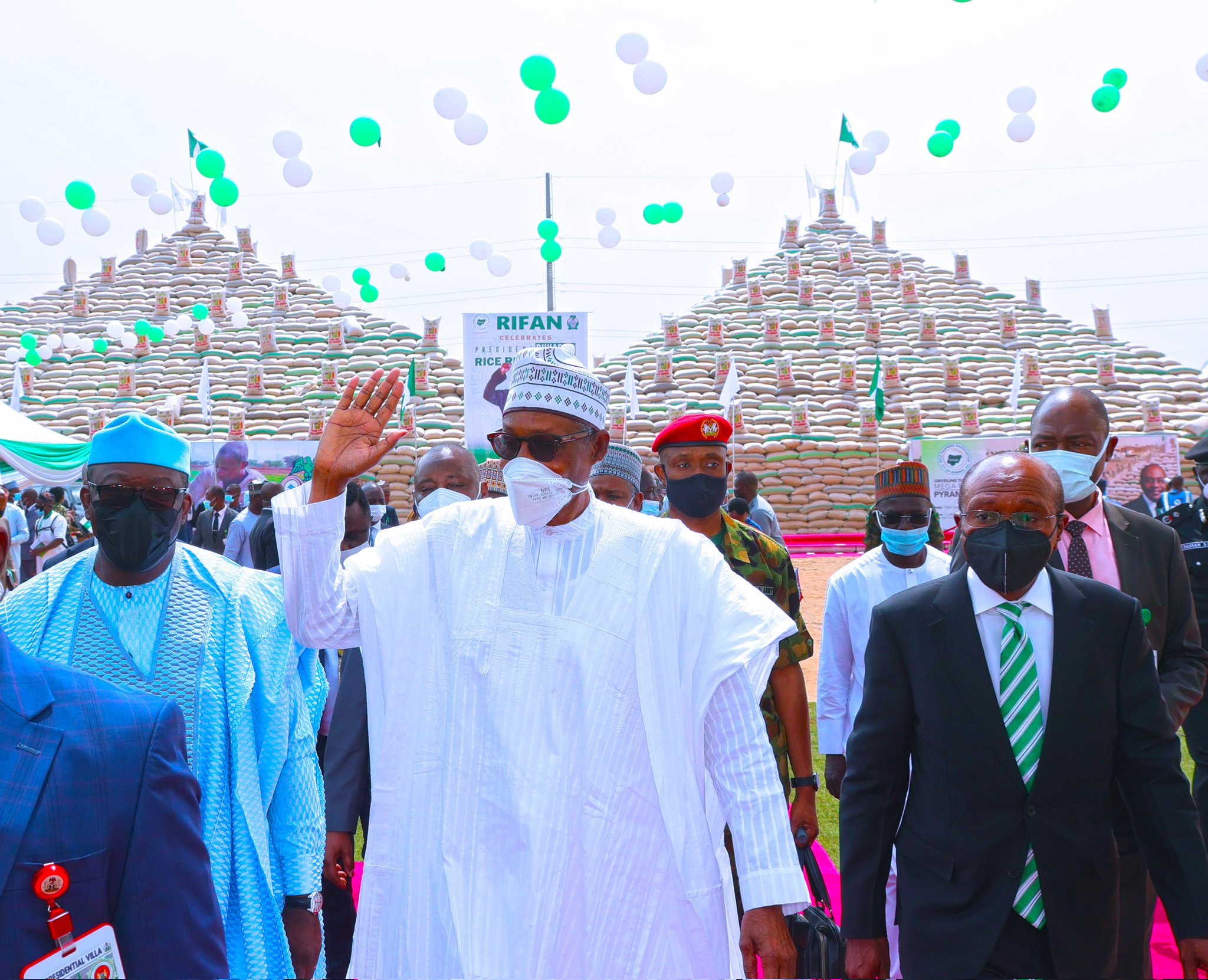Asiwaju Bola Ahmed Tinubu, the national leader of the All Progressives Congress (APC), is a battle-tested and battle-hardened political warrior who has weathered many political storms in his career, dating back to the early 1990s, when he contested as one of the senators representing Lagos in the upper legislative chamber and won in the botched “third republic”, up until the “fourth republic”, when he emerged as the executive governor of Lagos state. During this latter period, he took on some political juggernauts in battles of survival, and won. The list includes the face-off with the legendary Lateef Jakande of blessed memory (in a proxy war) during the Lagos gubernatorial primary election in 1991 and ensured that imposition of candidate (Femi Agbalajobi instead of Dapo Sarumi) in the defunct Social Democratic Party, (SDP) did not work — a move that led to the emergence of late Sir Michael Otedola of the defunct National Republican Convention (NRC) at the expense of the much-favoured Social Democratic Party (SDP) and its eventual candidate, Yomi Edu, who was later presented by the party, due to the no-retreat-no-surrender battle between Agbalajobi and Sarumi. Tinubu was on the side of the latter, against the former who was the preferred candidate for Jakande.
Then following the annulment of the June 12 presidential election in 1993 by Ibrahim Babangida, and the subsequent truncation of the third republic by the then maximum ruler, Sani Abacha, who took over from a puppet interim national government headed by late Ernst Shonekan who died recently, a group of political activists — which included late Pa Adekunle Ajasin, Pa Ayo Adebanjo, Abraham Adesanya, Alfred Rewane, Admiral Ndubuisi Kanu, and many others, too numerous to mention — took to the trenches to fight the dictatorship with a view to de-annulling the election presumed to be the freest and fairest election in the history of the country and restoring democracy in the land. To actualise this, they had to form what was then known as the National Democratic Coalition (NADECO). As a senator in the botched republic, Tinubu was a prominent member and financier of the coalition. They fought the regime until Abacha expired in 1998. He later at the beginning of the fourth republic, contested for and won the Lagos state governorship election in 1999.
In 2003 when there was a purported agreement between the Pan-Yoruba socio-cultural group, Afenifere, to support Obasanjo’s second presidential term bid, Obasanjo who was flying the flag of the Peoples Democratic Party (PDP) — a party that was unpopular in the south-west then — allegedly backstabbed the group that was very coterminous with the ruling party in the region, then the Alliance for Democracy (AD), by upstaging all the governors in the region (Oyo, Osun, Ondo, Ogun and Ekiti states), except one – Tinubu of Lagos state who remained like the proverbial “Rock of Gibraltar” and the last man standing.
Those who style themselves “the progressives” would later use the state as a launchpad in their quest to regain their stronghold under the leadership of Bola Tinubu. He would later, in the run-up to the 2007 general election, form a new party christened the Action Congress (AC) which later metamorphosed to the Action Congress of Nigeria (ACN) into which he collapsed his political structure. It is on record that he led the ACN into a political alliance with the Congress for Progressive Change (CPC), led by retired major general Muhammadu Buhari, the All Nigerian Peoples Party (ANPP) and a faction of the All Progressive Grand Alliance led by the then Imo state governor, and now a senator, Owelle Rochas Okorocha, to form what is today known as the All Progressives Congress (APC), that for the first time in the history of Nigeria, defeated a ruling party in a national election; 2015 general election. It also saw to it that a chronic contestant for the office of the president of the Federal Republic of Nigeria, Muhammadu Buhari (2003, 2007 and 2011), contested on the platform of the new party and won in 2015.
Advertisement
Again as a governor, he waged a lot of political wars and won most of them. Prominent among which is running the local government system (57 LCDAs) in Lagos state successfully, with zero-federal allocation. It would be recalled that in addition to the 20 local governments in the state recognised by the 1999 constitution, Bola Tinubu decided to create additional 37 LCDAs out of the existing 20 local government areas, making a total of 57. But the then administration of Olusegun Obasanjo would have none of that as he declared them illegal and therefore decided to withhold their allocations from 2014; for 14 solid months before the supreme court ruled in favour of the Lagos state government. Osinbajo was the arrowhead of Tinubu’s legal assault.
Looking at the 1999 set of governors who emerged, when another democratisation experience led to the birthing of the current dispensation – the fourth republic, Tinubu is the only one among those 36 governors who is still in circulation, with massive political relevance today. Orji Uzor Kalu of Abia state, currently a senator, and Bisi Akande, Osun state, some would want to argue belong to the group of governors, but are they as influential as Tinubu is in today’s Nigeria? I leave the judgment for you. Use your tongue to count your teeth. Tinubu, others would argue is influential because he is a “builder of men”, and an “identifier of talents”. True or false? The answer lies in how well you keep track of the career trajectories of his proteges.
He, as a governor, had the most cosmopolitan of cabinets in the history of this nation, having people from different parts of the country appointed as commissioners, advisers, among others. Let us name a few; Yemi Osinbajo as attorney-general of the state (from Ogun state); Lai Mohammed as chief of staff (from Kwara state); Rauf Aregbesola as commissioner for works (from Osun state); Ben Akabueze as commissioner for economic planning and budget (from Anambra state); Dele Alake as commissioner for information and strategy (from Ekiti state); Opeyemi Bamidele as senior special assistant on political and intergovernmental relations (from Ekiti state). He equally encourages migrants into Lagos to contest for elective posts in Lagos state. A living example is James Faleke, representing Ikeja federal constituency in the house of representatives, from Ekirin-Adde in Ijumu local government area of Kogi state. Folajimi Lai-Mohammed who represents Ikeja constituency 1 at the Lagos state house of assembly is from Oro in Kwara state. The list goes on and on. Former Lagos state APC publicity secretary, Joe Igbokwe, a native of Nnewi in Anambra state, has served in different capacities in Lagos state.
Advertisement
A cursory look at President Muhammadu Buhari’s cabinet would reveal the indelible signature of Tinubu, in the colours of appointees who were earlier on launched onto their political careers by the former Lagos state governor. Starting from the Vice-President Yemi Osinbajo; the minister for works and housing, Babatunde Raji Fashola; minister of information and culture, Lai Mohammed; minister of interior, Rauf Aregbesola; director-general, Budget Office, Ben Akabueze; former director-general, Federal Inland Revenue Service, Babatunde Fowler; Babafemi Ojudu, among others. He also contributed to the emergence as governors of Kayode Fayemi (Ekiti, first and second terms), Adams Oshiomohle (Edo), Rauf Aregbesola (Osun), Rotimi Akeredolu (Ondo). He tried but did not succeed in making Lai Mohammed, Chris Ngige, James Faleke, John Akpanudoedehen governors of Kwara, Anambra, Kogi and Akwa-Ibom states respectively at one point or the other. Even a former governor of Ondo state, Olusegun Mimiko, who contested on the platform of Labour Party retrieved his mandate from PDP’s late Olusegun Agagu with some measure of support from Tinubu. Mimiko would later defect to PDP, in a home-coming move of sorts, and served as a minister under Obasanjo in his second term.
This formidable list (that are too numerous to mention) of these political beneficiaries or proteges, is what I refer to, in the caption, as ‘The Tinubu’s House of War’. If this were a house, one should be pardoned for saying all is not well within, considering what has panned out since Tinubu announced that he had informed President Buhari of his “life-long ambition to, one day, be president of the Federal Republic of Nigeria”.
Naturally, one should expect massive support from this coterie of proteges, if and when Tinubu declares an intention to run for any office in this country or even beyond. But things are not as straightforward as one would expect, due to conflict of legitimate interests among the different members of the “house”. Chief among them is Vice-President Yemi Osinbajo, who is rumoured to be interested in succeeding his current boss as the president and commander-in-chief of the Federal Republic of Nigeria. Groups across the country have been urging the professor of law to contest in the presidential race come 2023. President Muhammadu Buhari had earlier fuelled the fire of suspense when, during an interview with Channels Television’s Seun Okinbaloye and Maupeni Ogun-Yusuf, he said he won’t name his preferred candidate so that he/she would not get eliminated. Whatever that means. It is believed in some quarters that Osinbajo must be the most deserving of Bàbà’s precious support, considering how loyal he had remained as a vice-president. But the waiting game continues, as the signals emerging from pro-Osinbajo campaigners are getting stronger by the day. If you attended the Soun of Ogbomoso’s funeral thanksgiving last week, you would understand the point I am driving at.
This is an office Tinubu recently described his wish to occupy as a life-long ambition when he made a partial declaration to run for the office about a fortnight ago, saying he has informed Buhari of his intention to succeed the Daura-born retired army general. Ever since then, it has been a war of posters on the streets; a war of words on the pages of newspapers and on social media, among those who style themselves as supporters of each of the “aspirants”. It is a total war between one Ayekooto Akindele who is a social media (Facebook) influencer and a die-hard Tinubuist, and Babafemi Ojudu who is an aide to the vice-president, and a reported beneficiary of the famed Tinubu’s acts of benevolence. We also have a social media user who goes by the name Alexander Aghedo, an avowed Tinubuist, who prefers to be called “BATman” (BAT, an acronym that stands for Bola Ahmed Tinubu) and one Benin-based social media influencer Jack Obiyan, a diehard Osibanjo-supporter, at each other’s throats. The list goes on, on that front.
Advertisement
On another front, it is believed that the Ekiti state governor and the chairman of the Nigerian Governors Forum (NGF) Kayode Fayemi is also eyeing the coveted seat — the presidency. He is therefore believed not to be among those who would cast their support in favour of Tinubu. All is also believed not to be so well between Asiwaju and Fashola (his immediate successor as governor). Ditto for Rotimi Akeredolu who, it was rumoured that Asiwaju was not as supportive as the former NBA president would have expected while he sought mandate renewal about this time last year; that is another reason why support might not be forthcoming from that corner.
Inside Tinubu’s house of war, I foresee three possibilities: One; it is either they fight to finish or two; they fight and reunite, fight and lose to their opponents or three; they are using the purported fight as a clever ruse to confuse the political opponents of the Lion of Bourdilon, outside the APC camp, to get them lost on what to do to beat him. Whatever happens, there is no denying the fact that there is war in the political House of Tinubu.
If Tinubu must step his foot on the “promised land”, it must be the last one – fighting to confuse the opponents, both within and outside of the party.
Abubakar writes from Ilorin. You can reach him via 08051388285 or [email protected]
Advertisement
Views expressed by contributors are strictly personal and not of TheCable.
Add a comment

